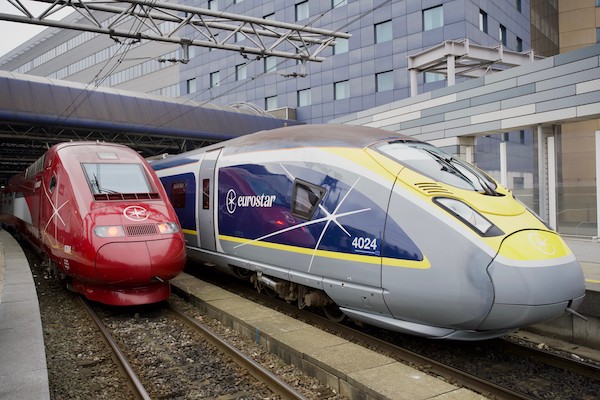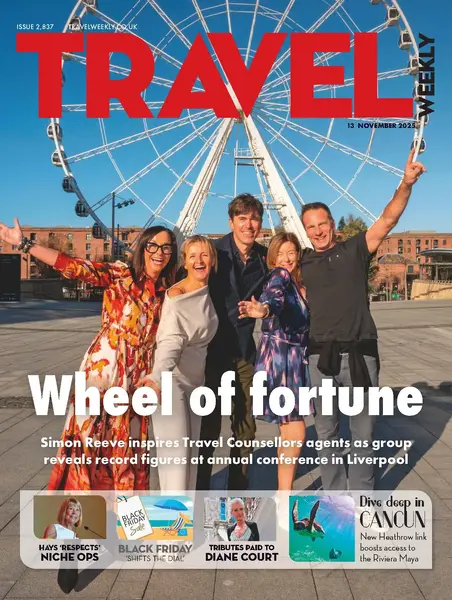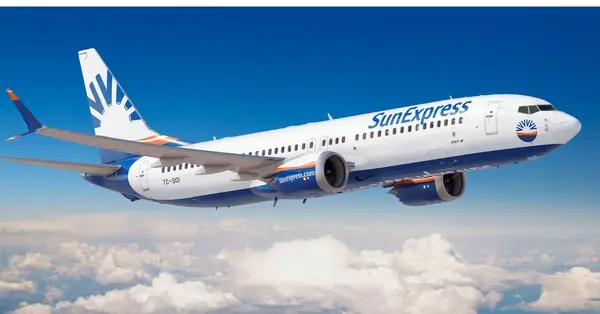You are viewing 1 of your 2 free articles
Eurostar rapped for second time over ‘misleading’ £39 fare adverts
Two Eurostar social media adverts for promotional £39 fares have been ruled to be “misleading” – the second time the operator has been reprimanded this year.
The advertising watchdog upheld complaints over the deals for travel from London to Brussels and Amsterdam.
The ASA ruled in January that Eurostar’s promotion of more £39 fares was misleading, finding it applied to only a “very small percentage” of available seats for travel between London and Paris.
On this occasion the high speed Channel Tunnel passenger train operator was accused by a consumer of exaggerating the availability of advertised tickets and omitting to detail the limited availability.
The Advertising Standards Authority agreed and ruled that the adverts on Instagram and Facebook in June were misleading.
The ASA revealed that the only data Eurostar had provided showed that 4.2% of the total number of tickets for London to Brussels and 1.6% of the total for London to Amsterdam were priced at £39.
“Therefore, because Eurostar were [sic] not able to provide historic availability figures and future facing data did not show a significant proportion of fares to Brussels or Amsterdam would be available to purchase at £39, we concluded the ads exaggerated the availability or number of benefits likely to be obtained by the consumer,” the ASA said. “The ads therefore were misleading.”
Making its ruling, the ASA said consumers would understand from the adverts that a significant proposition of fares would be available to both destinations and that there would be a reasonable chance of obtaining seats at the advertised price.
“We therefore expected to see evidence demonstrating that a significant proportion of the available tickets could be purchased at the ‘from’ price of £39,” the ASA added.
The travel dates for the availability of the discounted fares was also not made clear.
“Notwithstanding that, Eurostar had not been able to provide us with evidence demonstrating the proportion of tickets available at the ‘from’ price at the time the ad was seen, either for the bookable period at the time, or for the period during which the promotion ran,” the ASA said.
“The historical data provided by Eurostar only gave information about the number of tickets sold and did not provide figures on the availability of the £39 tickets or the number of full priced tickets. We did not consider that was sufficient evidence to demonstrate the availability of tickets at the promotional price at the time the ad was seen.
“Because the ads did not include any information about the offer dates, which was material information, and the landing page had not presented that information immediately to consumers, we concluded that the ads were misleading.”
Eurostar told that ASA that 11.6% of tickets had been sold on the two routes between the relevant travel dates.
The company believed on that basis the ‘from’ claim in the adverts did not exaggerate the availability or amount of tickets available to consumers.
Eurostar argued that the travel dates were clearly set out in its terms and conditions.
“They were presented on a page one click away from the ad,” the company told the ASA.
Eurostar “believed that was a common way of displaying them and most consumers would expect the dates to be located there”.
The operator explained to the ASA that there was only limited space in the ads to include all conditions.
Eurostar said “that when the ads were live, the travel periods for which the advertised price was available covered typical forward-looking periods and a significant majority of their customers usually purchased tickets in advance in line with the forward-looking travel dates.
“For that reason, forward-looking periods would not have been seen as a restriction for the majority of their customers and consumers would not have seen the offer as open ended.”
Eurostar also said that providing availability, at an advertised price, as a percentage of total tickets, for tickets looking forward from a specific date “did not give an accurate representation of availability”.
That was because a certain number of tickets would be sold business to consumer and a certain proportion business to business and that was dynamic and demand driven.
In addition, Eurostar stated that it “regularly injected tickets when availability at a particular price could be low”.
On that basis, it believed a forward-looking calculation was not simple and could be misleading.
A Eurostar spokesperson said: “At Eurostar, we value customer feedback, including complaints, and we take great care in the way that we word our advertising. We understand and take on board the ASA’s latest ruling, which is related to seat availability at the lead-in price in any given period and are committed to ensuring that this scenario does not occur again.
“We will continue to work closely with the ASA to address their concerns and implement any necessary improvements to our advertising practices.
“Our goal is to deliver exceptional travel experiences for our customers, and we remain dedicated to upholding the highest standards of advertising and promotional integrity.”


















